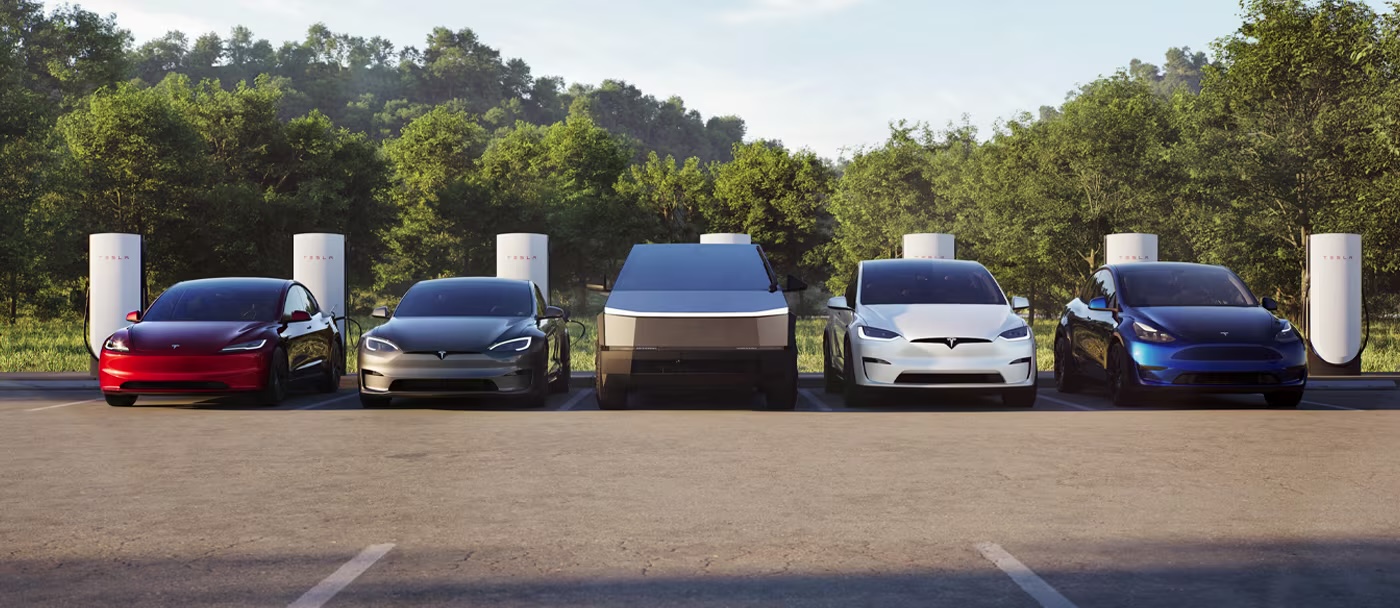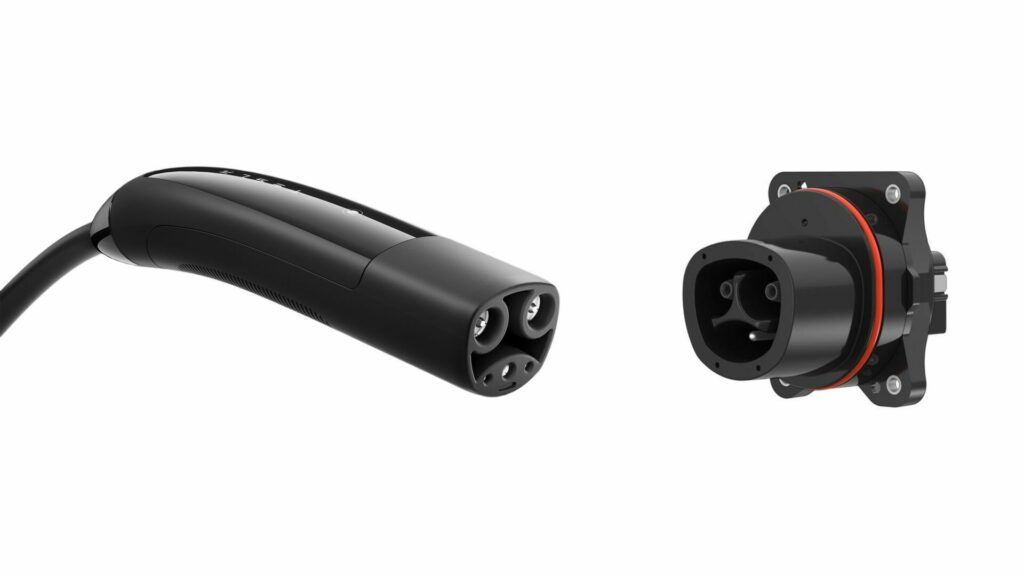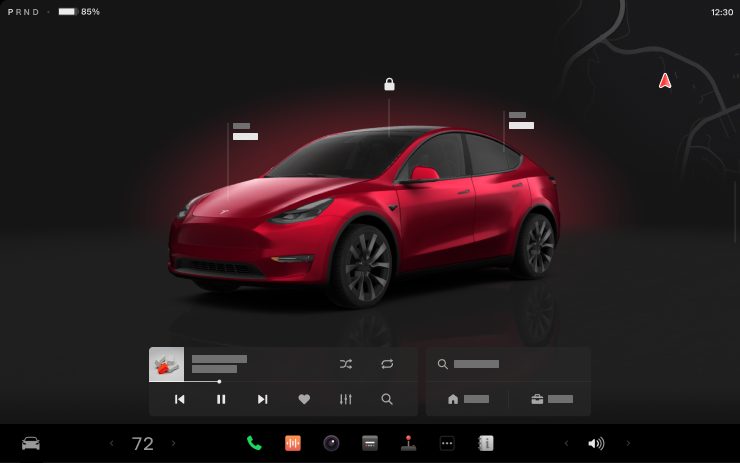
White House Endorses Tesla EV Charging Standard Nationwide
The White House has announced its support for the auto industry’s initiative to standardize Tesla’s electric vehicle (EV) charging plugs across the United States, known as the North American Charging Standard (NACS). This move is part of a broader strategy to boost EV sales and address climate change.
In 2023, over 1 million EVs were sold in the U.S., setting a new record. However, this figure still trails behind countries like China and Germany. A significant barrier to U.S. EV sales has been the limited charging infrastructure, deterring potential buyers.
Tesla, a frontrunner in the EV market, operates the largest fast-charging network. Many of its Supercharger stations are strategically located along major travel routes, where other charging options are limited.
SAE International, previously known as the Society of Automotive Engineers, has recently endorsed Tesla’s North American Charging Standard (NACS) connector as a new standard. This connector is integral to Tesla’s charging network. In June, the organization had proposed standardizing Tesla’s EV charging plug for compatibility with all EVs, reports ABC News.
The U.S. Joint Office of Energy and Transportation stated that this standardization would allow any vehicle or charging equipment supplier to use, manufacture, or deploy the connector, enhancing charging access nationwide.
This standard is expected to bolster consumer confidence in EVs, aligning with the White House and auto industry’s goal of widespread EV adoption. President Joe Biden aims for 50% of all new U.S. vehicle sales to be electric by 2030.
Previously, Tesla’s charging standard conflicted with the Combined Charging Standard (CCS) used by most other automakers. The recent announcement formalizes the industry’s shift towards NACS this year.
Tesla has agreed to open parts of its network, planning to make at least 7,500 chargers accessible to non-Tesla vehicles by end of 2024. Most major automakers, except for a few like Stellantis and Volkswagen, have committed to adopting NACS for their EVs.
In 2024, Ford, General Motors, and others plan to provide adapters for EVs with CCS technology to access Tesla’s network. These automakers will start equipping their EVs with NACS from 2025.
Despite this standardization, some automakers like Mercedes-Benz continue to develop their own charging networks.
The Biden administration’s $1.2 trillion bipartisan infrastructure law, enacted in November 2021, allocated $7.5 billion for a national EV charging network. The Federal Highway Administration, which previously mandated CCS plugs for federally funded stations, will now assess how Tesla’s plug aligns with these requirements.
The administration and climate advocates view widespread EV adoption as a key strategy in reducing the transportation sector’s dependence on fossil fuels and combating climate change.


